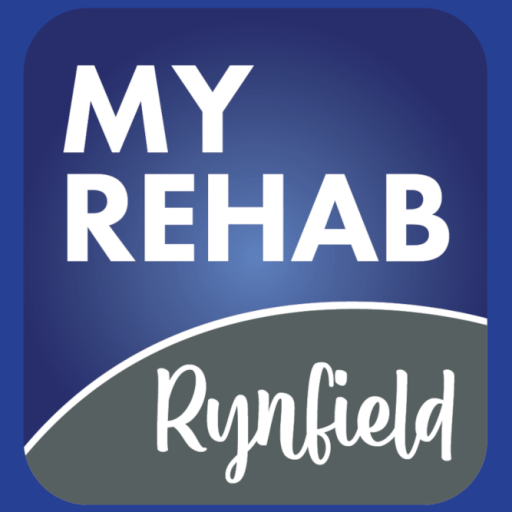First, it’s important to understand that addiction is a disease, and it should be treated with the same level of compassion and understanding as any other medical condition. Employers are not allowed to discriminate against applicants based on their medical history or disability status, including addiction.
When it comes to timing, you can choose to disclose your addiction history during an interview if you feel comfortable doing so, or you can wait until you’ve received a job offer. If you choose to discuss it during the interview, it’s important to be honest and direct about your experience and the steps you’ve taken to overcome it. By being transparent, you are showing your potential employer that you are trustworthy and that you take responsibility for your actions.
It’s also important to assure your potential employer that your addiction will not affect your work or job performance. Explain that you have been getting help and that you are committed to maintaining your recovery. This shows that you are committed to being a responsible and reliable employee and that your addiction will not negatively impact the work environment.
When discussing your addiction history with an employer, it’s also important to emphasize the positive aspects of your experience. For example, you can discuss how your addiction has made you stronger, more resilient, and how it has helped you develop valuable skills such as problem-solving and time management.
Another important aspect of discussing your addiction history with an employer is to be prepared to answer any questions they may have. It’s also important to consider that if your addiction history becomes known to your employer through other means, it may be more difficult to explain the situation or address any concerns they may have. For example, if a previous employer discusses your addiction history with a potential employer, it may be more difficult to control the narrative and address any concerns.
However, it’s important to note that if you believe your addiction may impact your ability to perform the job, or if you may need accommodations, you may have to disclose that information to your employer for protection. For example, if your addiction requires time off for treatment or therapy, or if you need accommodations such as a flexible schedule, you may need to disclose that information to your employer.
In conclusion, the decision to disclose previous addiction problems to an employer is a personal one. However, it’s important to be aware of your rights as an employee as well as the company’s policies and procedures. It’s important to consider how the information may impact your job and career and weigh the pros and cons of disclosing this information before deciding. Additionally, it’s important to be prepared to discuss your addiction history and the steps you have taken to overcome it in a professional manner.

